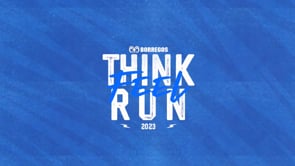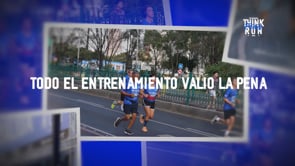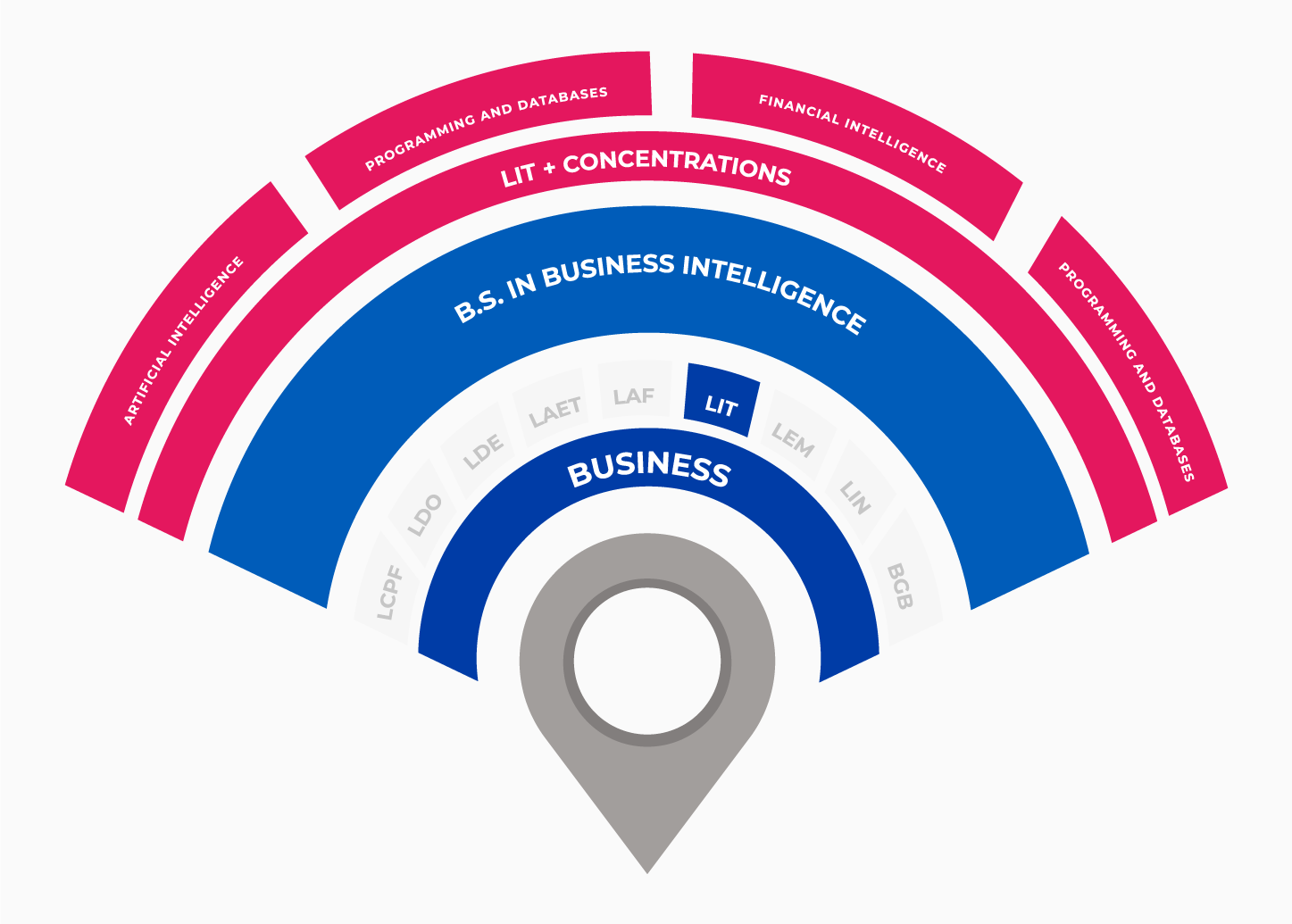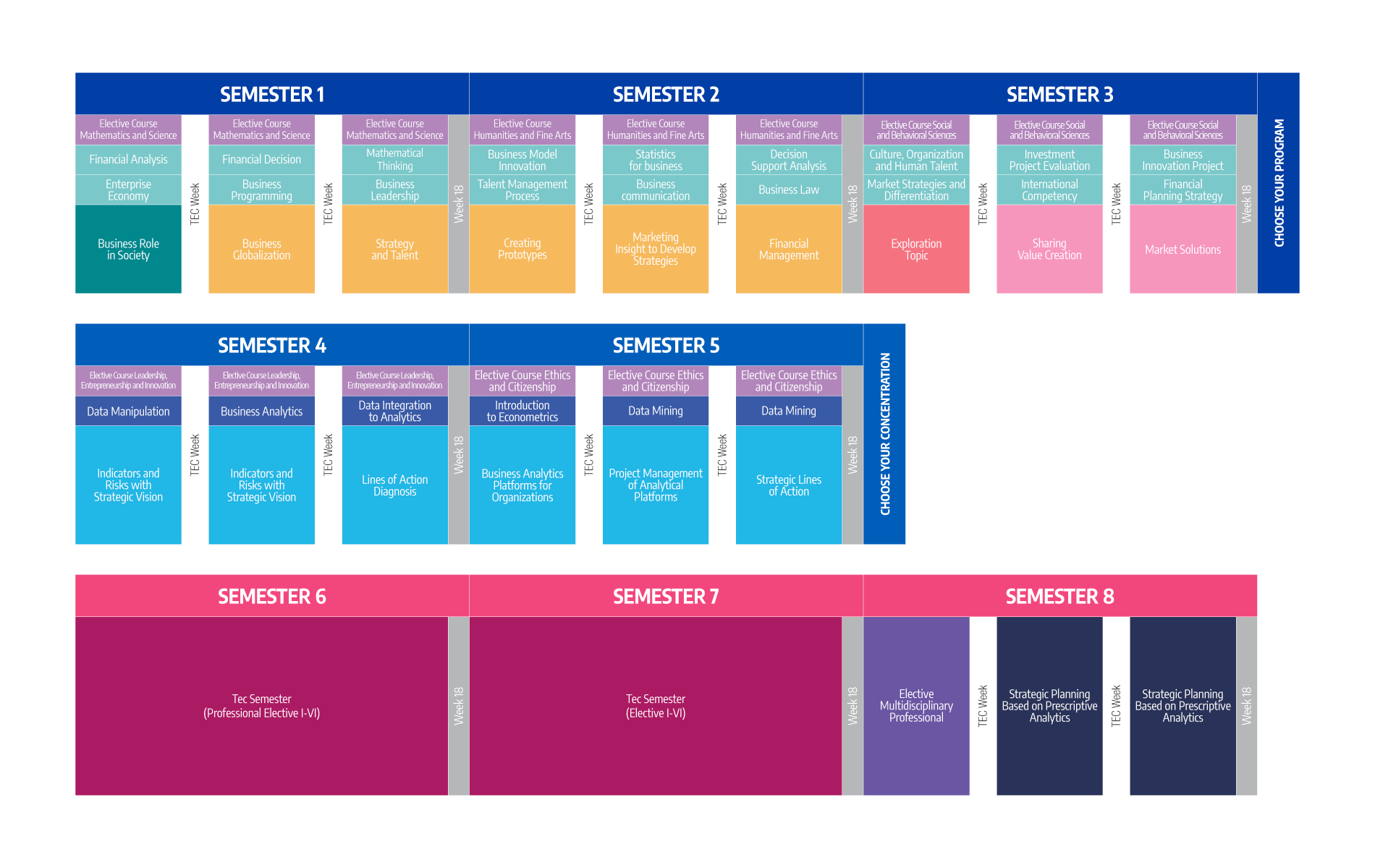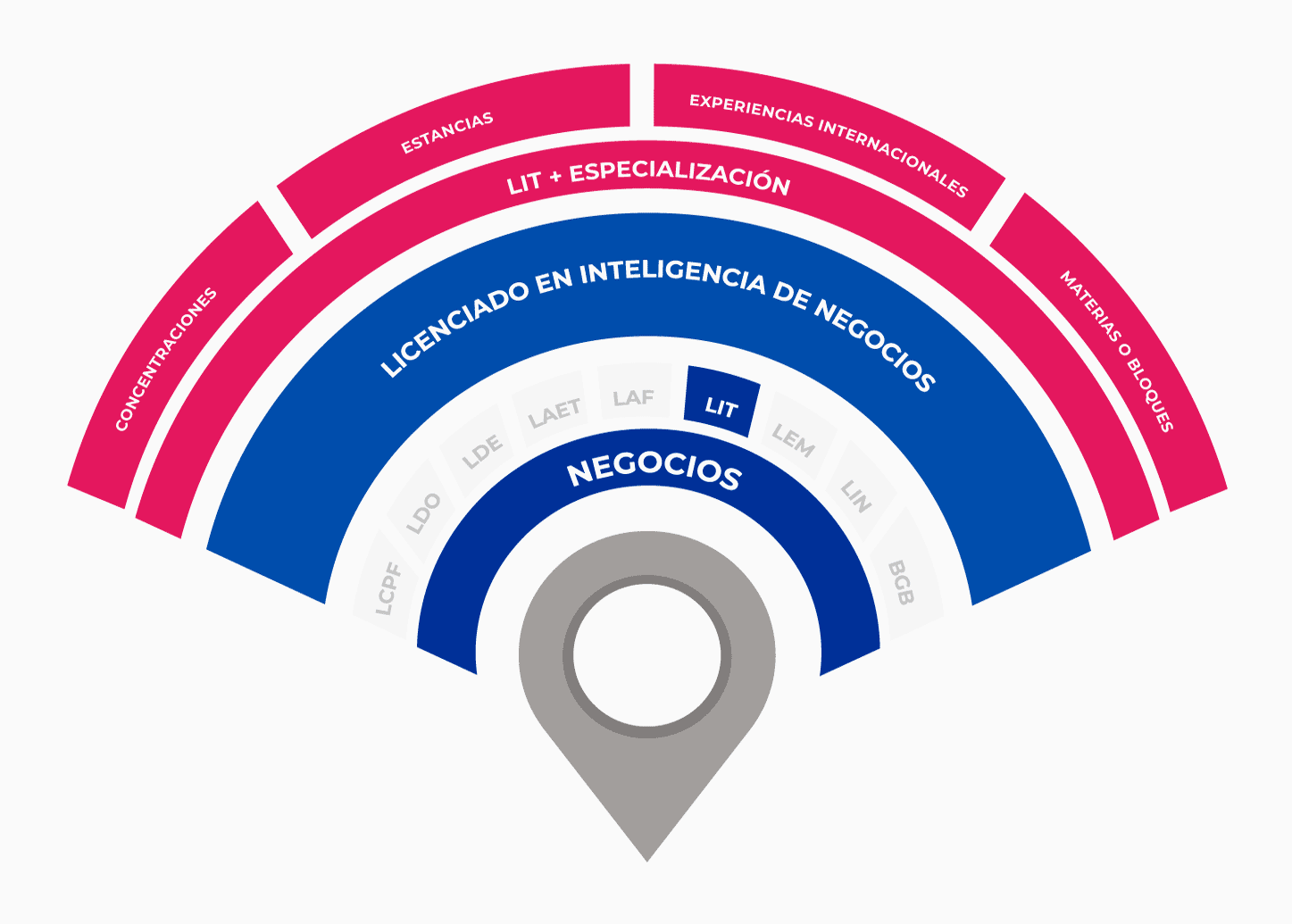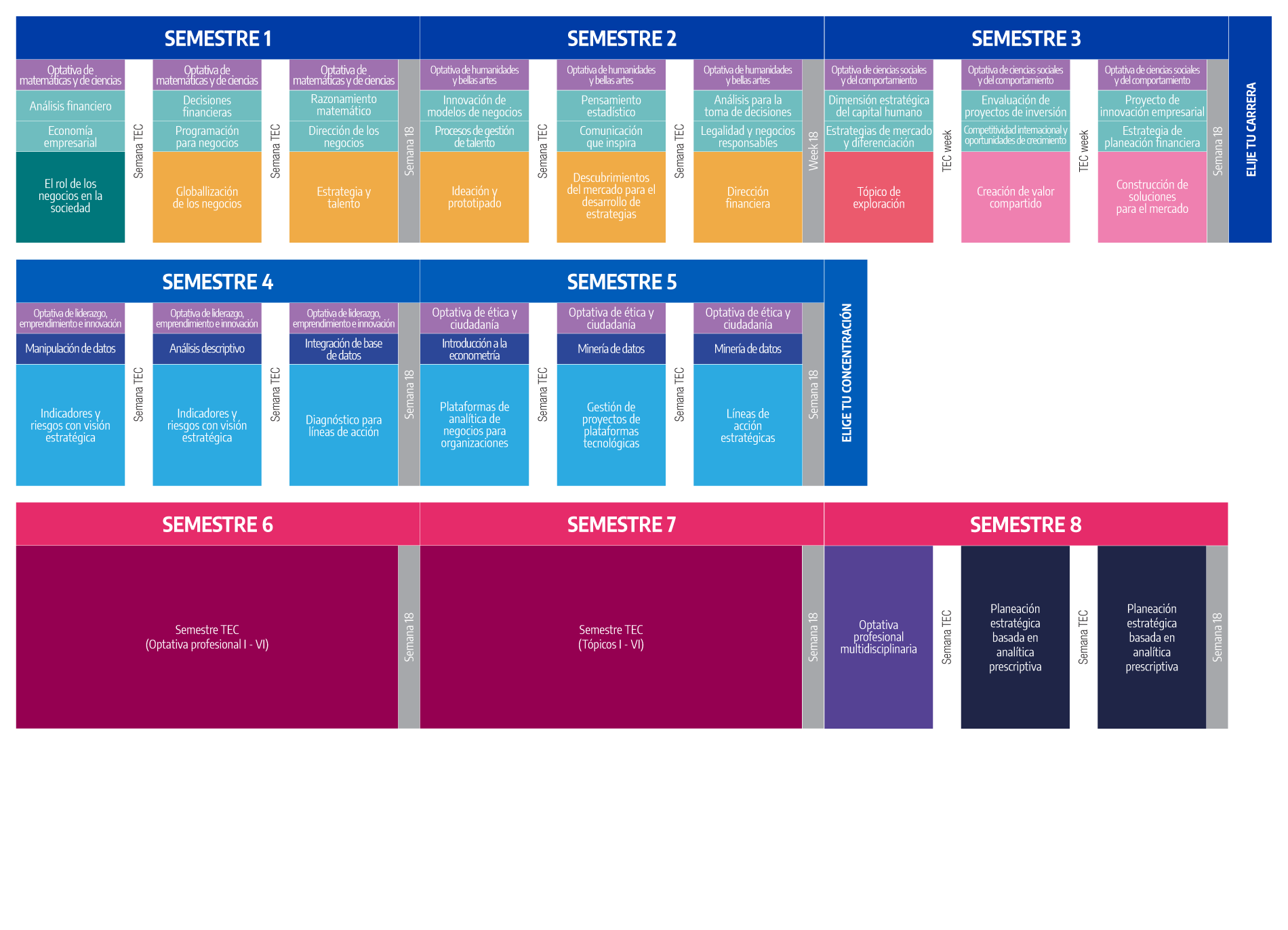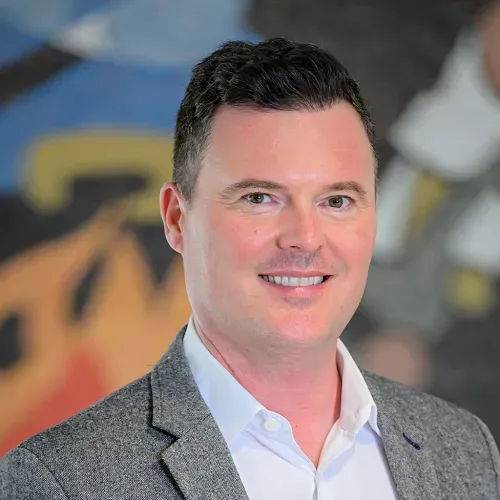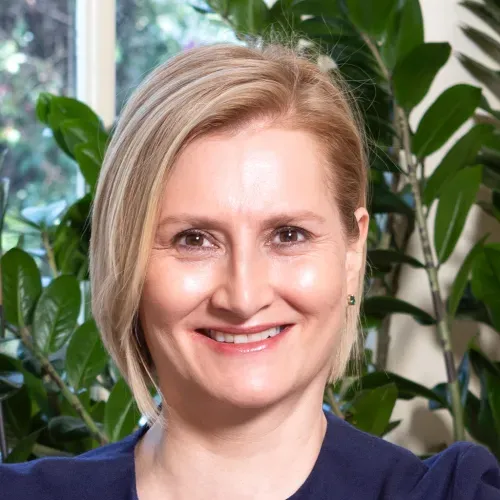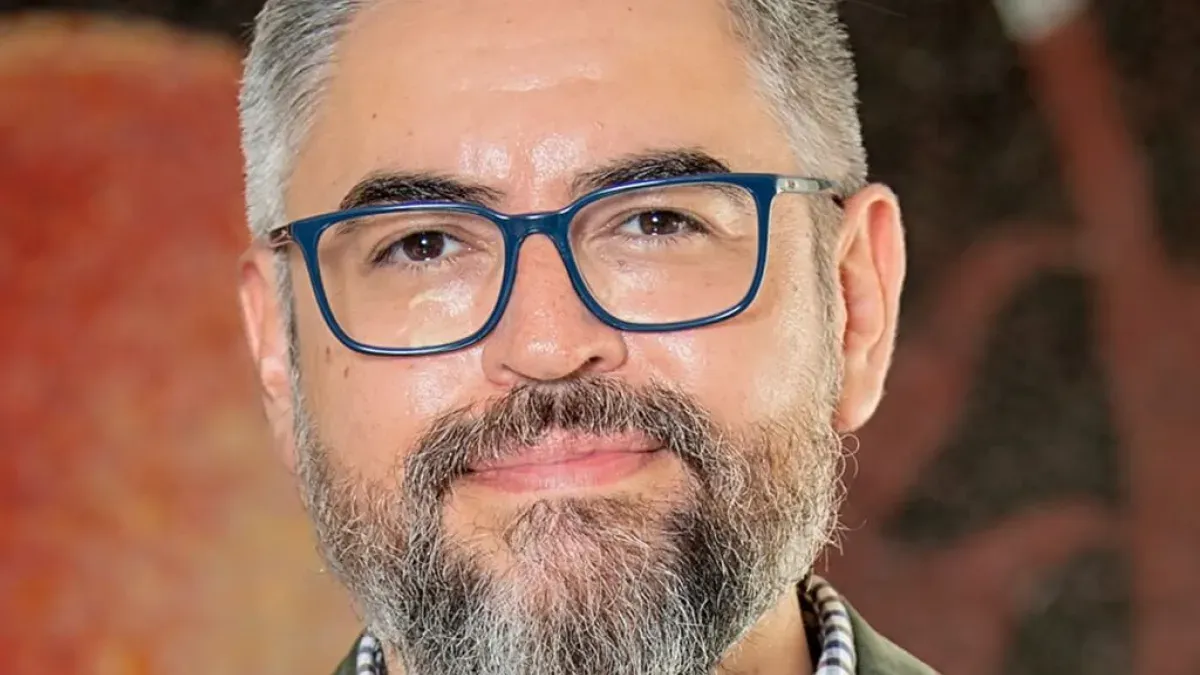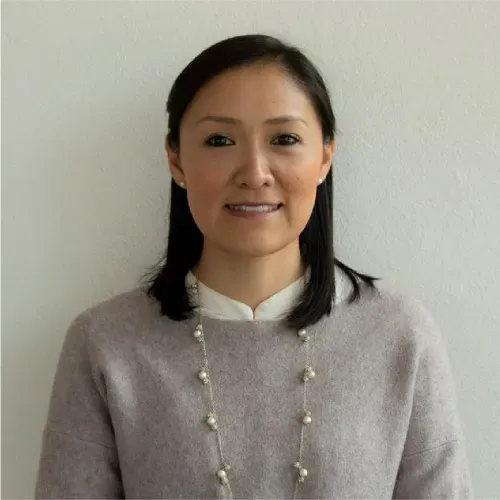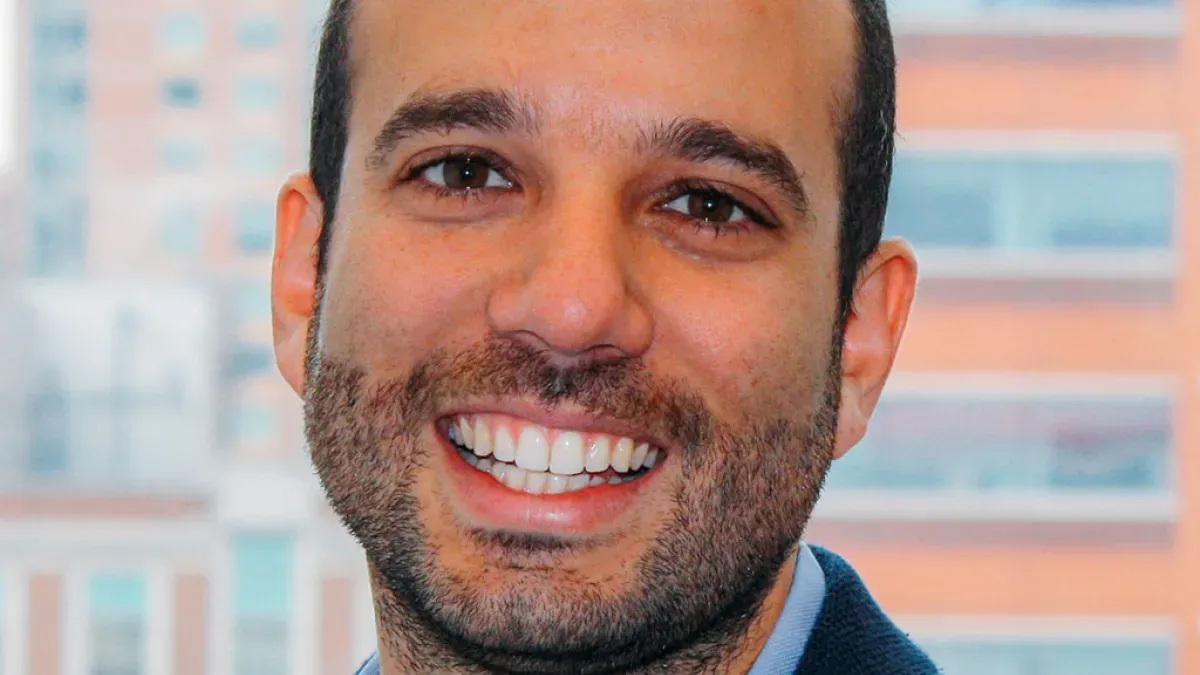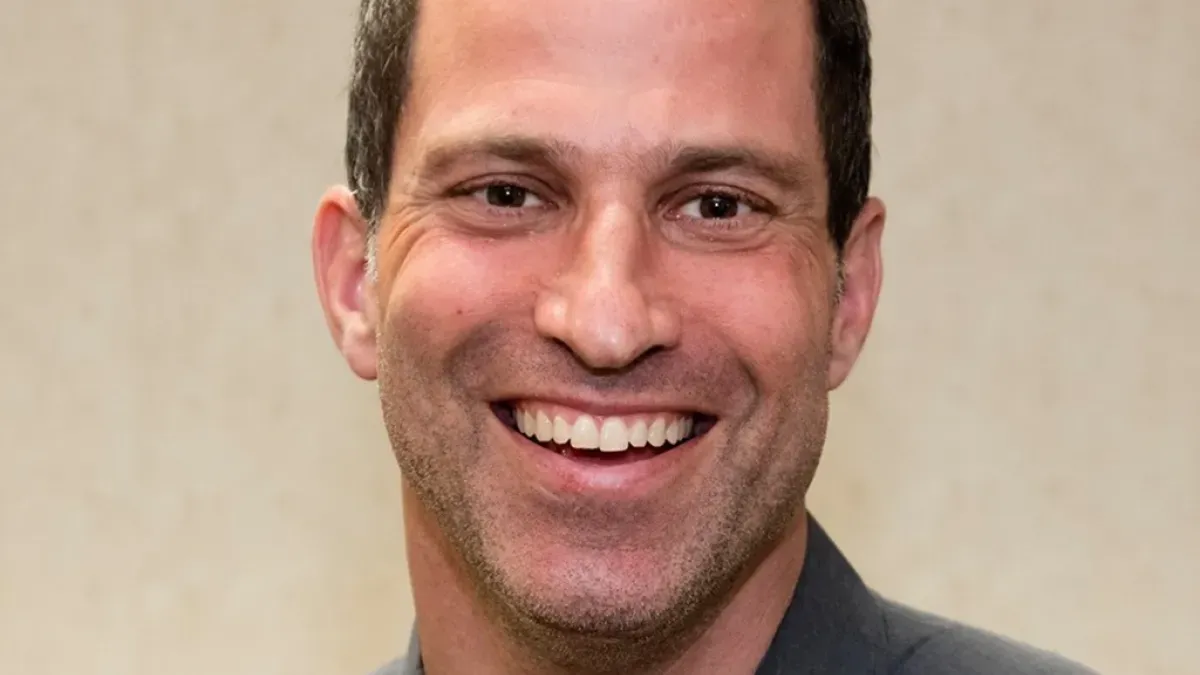Juan Ignacio Sánchez - Faculty

Juan Ignacio Sánchez
Distinguished Visiting Professor in Organizational Behavior and Human Capital
Business School and EGADE Business School
Expertise
Organizational behavior
Organizational culture
Human capital management
Overview
Dr. Juan Ignacio Sánchez is professor and Knight-Ridder Byron Harless Eminent Scholar in the Department of Global Leadership and Management (GLaM) at the Florida International University. Earlier in his academic career at the same institution, he served as the founding chair of the GLaM department and faculty director of the Master of Science in Human Resource Management, where he designed and launched the master’s program, which is now ranked #2 by HR.com and has over 1,000 alumni, including the chief people officers of several Fortune 500 companies.
He has taught topics including organizational behavior, organizational design, staffing organizations, performance and talent management, HR effectiveness, and applied psychology training, among others.
Juan Ignacio Sánchez was vice president at Large of the Greater Miami Society for HRM (GMSHRM, now HR Miami) and was also elected Fellow of the American Psychological Association and of the Society for Industrial and Organizational Psychology. He is currently serving on his fifth U.S. National Academy of Sciences panel. For the Federal Government of the United States, he was a panelist in the development of a competency model for infant and toddler caregivers for the U.S. Department of Health and Human Services (20 17). From 2011 to 2013, he was a Special Government Employee for the Occupational Information Development Advisory Panel (OIDAP), at the Social Security Administration, GSA 14.
Juan Ignacio Sánchez joined Tecnológico de Monterrey as Distinguished Professor in Organizational Behavior and Human Capital for the Business School and EGADE Business School.
Education and Training
- Ph.D., Industrial/Organizational Psychology, University of South Florida
- M.Sc., Industrial/Organizational Psychology, University of South Florida
- Bachelor's degree, Psychology, Universidad Complutense de Madrid
Publications
-
Sanchez, J. I., Bonache, J., Paz-Aparicio, C., & Oberty, C. Z. (2022). Combining interpretivism and positivism in international business research: The example of the expatriate role. Journal of World Business, 101419.
-
Sanchez, J. I. (2022). Who Opposes “Oposiciones”? A job-analytic approach to job-related public employee selection. Basque Journal of People and Public Organizations [Pertsonak eta Antolakunde Publikoak Kudeatzeko Euskal Aldizkaria= Revista Vasca de Gestión de Personas y Organizaciones Públicas], 22, 8-21.
-
Wated, G., & Sanchez, J.I. (2021). Political Populism-to-Work Spillover in Latin America: Implications for Human Resources Management. In J. Trullen & J. Bonache (Eds.), Talent Management in Latin America. Pressing Issues and Best Practices, pp. 8-28. New York, NY: Routledge, Taylor & Francis Group. ISBN: 978-0-367-81990-3, ISBN: 978-1-032-04676-1.
-
Campion, M.C., Schepker, D.J., Campion, M.A., Sanchez, J.I. (2020). Competency modeling: A theoretical and empirical examination of the strategy dissemination process. Human Resources Management, 59(3), 291-306.
-
Spector, P., & Sanchez, J. (2018). Getting the Global Band Together: Best Practices in Organizing and Managing International Research Teams. In K. Shockley, W. Shen, & R. Johnson (Eds.), The Cambridge Handbook of the Global Work–Family Interface (Cambridge Handbooks in Psychology, pp. 230-246). Cambridge: Cambridge University Press. doi:10.1017/9781108235556.012
-
Sanchez, J. I., & Lazrak, Y. (2017). The micro-foundations of global innovation: Disrupting the balance between centripetal and centrifugal forces. In S. Kundu, & S. Munjal (Eds.), Human Capital and Innovation: Examining the Role of Globalisation, pp. 73-90. Basignstoke, UK: Palgrave McMillan.
-
Paustian-Underdahl, S. C., Fainshmidt, S., Sanchez, J. I., Misati, E., Zhao, Y., & Zhang, H. (2017). The Role of Economic Development and Perceived Growth Opportunities in Employee Reactions to M&As: A Study of the Merger Syndrome Across 29 Countries. Group & Organization Management, 42(2), 163-194.
-
Tian, Q., & Sanchez, J. I. (2017). Does paternalistic leadership promote innovative behavior? The interaction between authoritarianism and benevolence. Journal of Applied Social Psychology, 47(5), 235-246.











